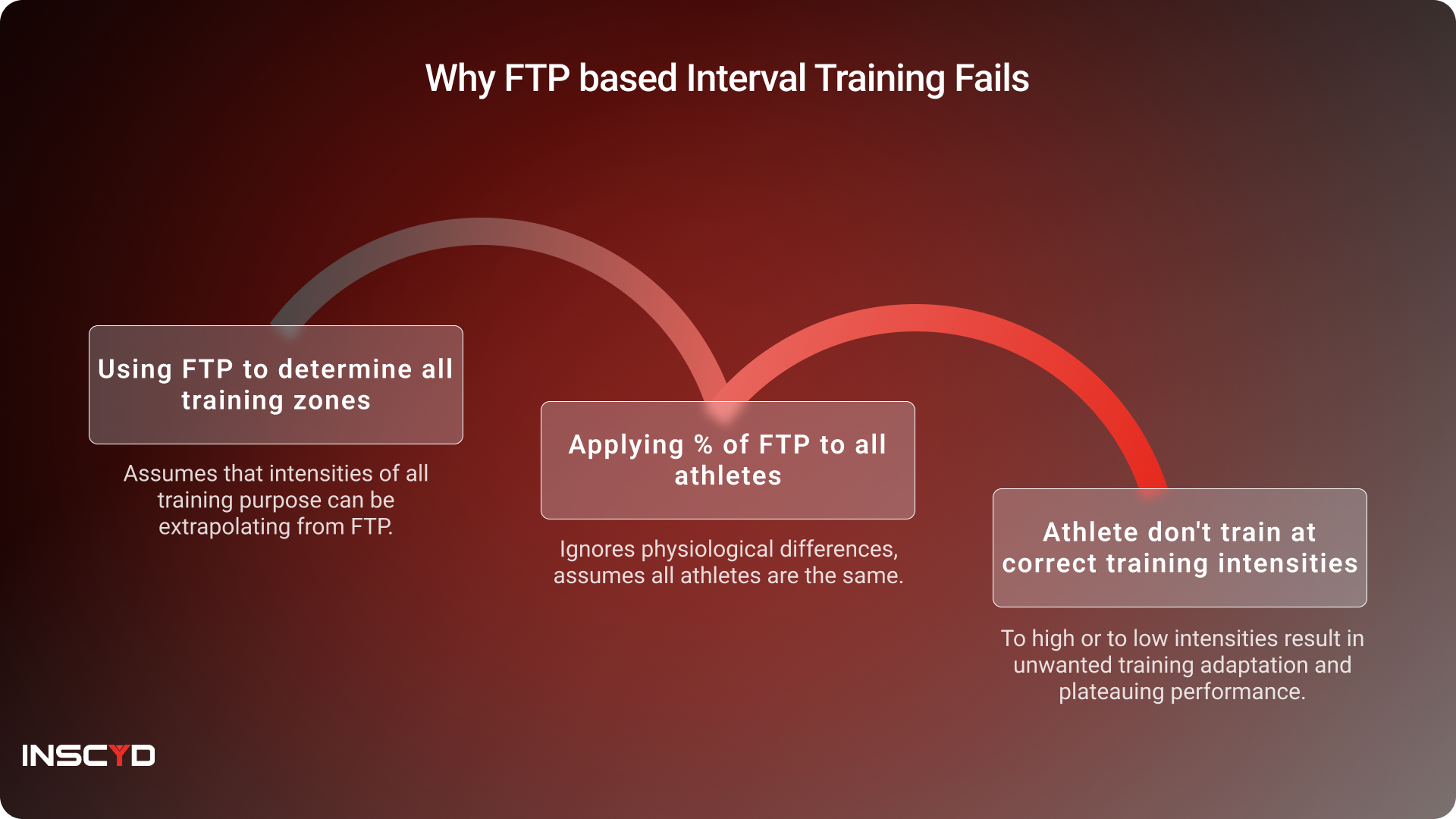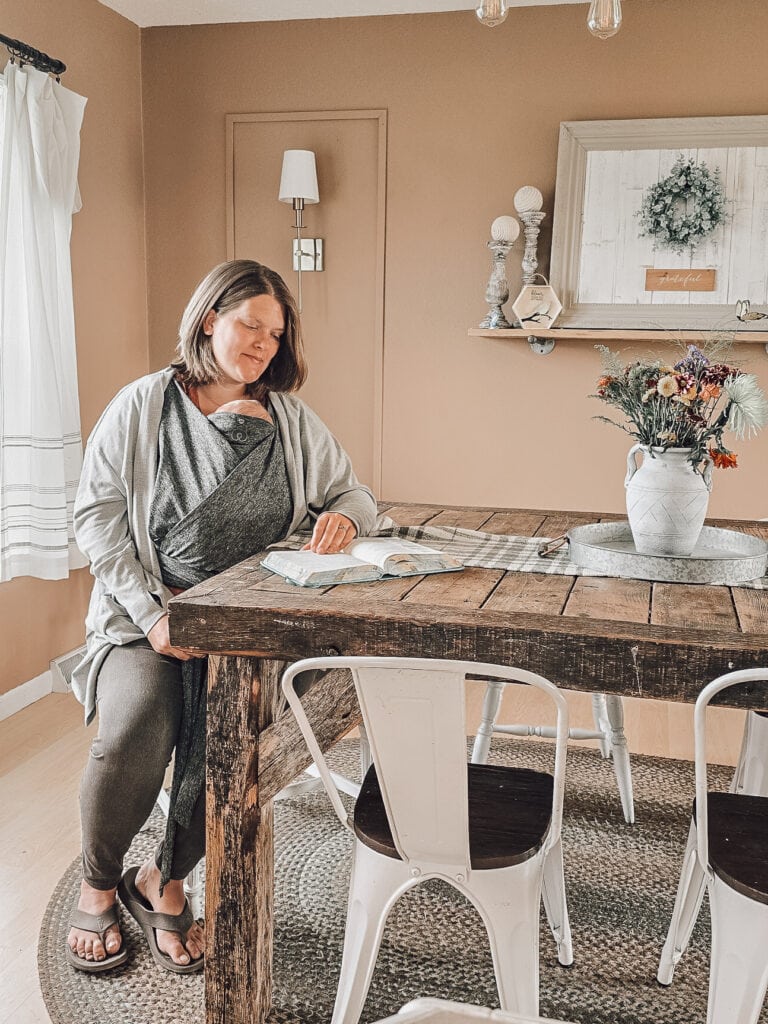The Influence of Simple Living on Financial Health: Living with Less to Save More

Exploring the Financial Gains of Embracing Minimalism
In an age where consumerism reigns supreme, a growing number of individuals are turning towards the philosophical and practical approach of simple living. This lifestyle emphasizes a deliberate choice to prioritize essential needs over extravagant desires, resulting in profound implications for one’s financial health. By simplifying one’s life, not only can individuals declutter their physical spaces, but they can also experience a major shift toward financial stability and growth. This article uncovers the various ways a minimalist lifestyle can contribute to healthier financial habits and a brighter economic future.
Key Benefits of Simple Living
- Reduced Spending: One of the most direct benefits of simple living is the immediate reduction in spending. By cultivating a discerning eye for necessity versus luxury, individuals often find themselves significantly cutting back on impulsive purchases. For example, regularly dining out or acquiring the latest gadgets without a thought can be replaced by home-cooked meals and curated experiences, which can drastically enhance personal finance management.
- Increased Savings: As material possessions dwindle, so does financial drain. The concept of minimalism advocates for investments in what truly matters—be it experiences, education, or health—over accumulating countless items. This approach can lead to a robust savings account, allowing individuals the freedom to pursue financial goals such as home ownership or early retirement.
- Stress Reduction: A minimalist environment fosters clarity, which in turn enhances decision-making. A well-organized living space can lead to lower stress levels, enabling individuals to make more informed financial choices. When clutter is removed, mental bandwidth opens up, which often translates into strategic planning and future forecasting in personal finance.
Research indicates that those who adopt simple living practices often exercise greater financial prudence. For example, studies suggest that individuals who maintain strict budgets or regularly declutter not only clear out physical space but also create mental and emotional space for investments that hold real value. Furthermore, the minimalist philosophy encourages a shift in focus from material consumption to enriching experiences, fostering a healthier relationship with money.
As we delve into the compelling connection between simple living and financial health, consider how embracing these principles can reshape your financial landscape. From the peace of mind that comes with a less cluttered life to the tangible benefits of a filled savings account, the principles of living with less to save more are transformative. In an era that frequently encourages excess, choosing simplicity could be the refreshing change that leads not only to financial wellness but also to a more fulfilling life.
DISCOVER MORE: Click here to uncover practical decluttering tips
The Financial Impact of Decluttering Your Life
Embracing a simple living lifestyle can profoundly alter an individual’s relationship with money. By minimizing unnecessary expenditures and cultivating a conscious spending habit, one can experience remarkable financial implications. A pivotal step towards financial salvation begins with learning to prioritize needs over wants. This fundamentally alters not only spending behavior but also fosters greater appreciation for what one possesses.

Understanding the Power of Intentional Spending
Central to the minimalist mindset is the power of intentional spending. Individuals who adopt this approach often engage in a form of financial self-audit, determining what products and experiences genuinely enhance their lives. The key lies in distinguishing between a need and a want. This discernment helps ensure that money is allocated efficiently and effectively, ultimately reducing the temptation to splurge on fleeting pleasures.
To illustrate, consider the following financial habits that can emerge from a commitment to simple living:
- Mindful Purchasing: Instead of impulsively buying the latest tech gadget or designer clothing, individuals prioritize purchases that yield long-term satisfaction or utility. This could mean investing in high-quality items that last longer or opting for experiences that create cherished memories over material possessions.
- Budgeting as a Lifestyle: With a simpler lifestyle comes the opportunity to create a clearer budget. Budgeting doesn’t feel restrictive for many; instead, it becomes a means to empower personal choices. This empowerment encourages transparency in financial matters, leading to more strategic decisions about savings and investments.
- Exploring Alternatives: Simple living often nudges individuals to seek alternatives to traditional spending. Rather than frequent dining at restaurants, those embracing minimalism might opt for potlucks with friends or cooking at home. Such habits not only cultivate community but also dramatically lower monthly expenses.
Additionally, adopting a minimalist lifestyle can enhance one’s ability to save. According to a recent survey conducted by the U.S. Bureau of Economic Analysis, many individuals who identify as minimalists report greater savings rates compared to their consumerist counterparts. This is attributed to their focused spending habits and reduced reliance on credit—often leading to less debt and more savings over time.
Furthermore, achieving financial health through simple living is intrinsically linked to emotional well-being. When financial stress diminishes, individuals often find they have greater mental clarity and focus, allowing for better decision-making across life’s various domains. Thus, one can argue that living with less not only streamlines financial obligations but also fosters a holistic sense of peace and satisfaction in life overall. By encouraging a shift in mindset, simple living propels individuals toward not only saving more but enriching their lives in profound, fulfilling ways.
The Influence of Simple Living on Financial Health: Living with Less to Save More
In today’s fast-paced world, the principles of simple living have gained traction as a means to enhance financial health and overall well-being. Embracing minimalism can lead to profound changes in one’s financial situation, often resulting in substantial savings and financial security. By consciously choosing to live with less, individuals can redirect their financial resources toward meaningful investments and savings.
Reducing Expense and Consumption
One of the primary benefits of simple living is the reduction of unnecessary expenses. By minimizing consumption and focusing on essential needs, individuals can significantly decrease their monthly outgoings. This shift not only alleviates financial stress but also paves the way for increased savings. Less spending means more disposable income available to save, invest, or even contribute to retirement funds.
Moreover, the trend of decluttering one’s life can also translate into a financial boon. By selling unwanted items, individuals can not only create a more peaceful living environment but also generate cash that can be reallocated toward debt repayment or emergency funds. This practice not only fosters a sense of community through recycling and second-hand sales but also reinforces the core tenets of minimalism—value over volume.
Mindful Spending and Financial Goals
Simple living encourages mindful spending, which can drastically improve financial health. When individuals become more intentional about their purchases, they are more likely to prioritize quality over quantity. This mindset shift can lead to better decision-making, ultimately reducing the likelihood of impulse buying—one of the culprits behind financial instability.
Furthermore, adopting a minimalist lifestyle often aligns with personal financial goals. For instance, someone might choose to cut back on dining out or entertainment expenses, freeing up funds that can be earmarked for travel, education, or even investment opportunities. This proactive approach nurtures a sense of financial independence and empowers individuals to create a more secure future.
| Category | Advantages |
|---|---|
| Expense Reduction | Minimizing consumption leads to significant savings. |
| Mindful Spending | Helps prioritize meaningful purchases, reducing impulsive behavior. |
By focusing on the principles of simple living, individuals can enjoy a healthier financial life—one that values sustainability, savings, and security. The transition may require effort and commitment, but the long-term benefits can transform not just personal finances but also overall life satisfaction.
DISCOVER MORE: Click here to learn how minimalism can elevate your space
Creating a Sustainable Financial Future Through Simple Living
The adoption of a simple living lifestyle not only influences immediate financial decisions but also lays the foundation for a sustainable financial future. As individuals begin to navigate their spending habits with greater consciousness, they invariably start to create a buffer against various economic pressures. This is particularly crucial in an unpredictable financial climate.
Long-term Financial Planning: A Minimalist Focus
One of the remarkable benefits of simple living is that it encourages individuals to think long-term about their finances. By emphasizing a minimalist approach, people often become more astute investors and savers. For instance, instead of succumbing to consumer debt, which can spiral out of control with interest, individuals are equipped to build an emergency fund. Statistics show that only 39% of Americans can cover a $1,000 emergency expense without borrowing, highlighting the vulnerability many face. However, minimalists often prioritize saving such funds, creating a safety net that mitigates financial anxiety.
Furthermore, as spending becomes more intentional, individuals are more likely to engage in smart investment choices that compound over time. For example, rather than frequent small indulgences, they may choose to invest that money in retirement accounts or index funds—options that generally yield better long-term returns. Research indicates that investing early, even with modest amounts, can exponentially increase wealth, thanks to the power of compound interest. A report by the Investment Company Institute found that individuals who start saving for retirement by age 25 can accumulate nearly four times more by age 65 than those who begin at age 35.
Embracing Minimalism Through Financial Education
Another significant aspect of simple living is the focus on financial education. Many minimalists take the opportunity to learn about their finances extensively, exploring topics such as budgeting, investing, and saving strategies. This newfound knowledge empowers them to make informed decisions, ensuring that their financial resources align with personal values and life goals. According to a survey by National Endowment for Financial Education, individuals who engage in financial education are considerably better at planning for retirement and managing debts.
- Prioritizing Debt Reduction: Minimalism provides the mental space needed to tackle debt more effectively. By refusing to engage in consumerism, individuals can redirect funds that might have gone toward unnecessary purchases into paying off high-interest debts sooner.
- The Cost of Overconsumption: A study from the Journal of Consumer Research highlights how overconsumption leads not only to financial strain but also to increased stress levels. Living simply reverses this trend, leading to more manageable financial commitments and subsequently, better mental health.
- Shifting Towards Local Economies: Simple living often encourages individuals to support local businesses and sustainable products. This decision not only helps retain money within the community but can also lead to more ethical spending choices—helping to ensure that one’s purchases reflect their values.
As the concept of simple living continues to permeate mainstream society, it reveals opportunities for financial empowerment that extend far beyond merely saving money. By embracing this lifestyle, individuals can foster a holistic approach to financial health that intertwines ethical living with long-term financial goals and well-being. Through the principles of minimalism, the journey towards saving more and securing financial independence becomes a path paved with intention and clarity.
DISCOVER MORE: Click here to find out how simplicity enhances your productivity
Conclusion: The Transformative Power of Simple Living
In an age dominated by consumerism and constant comparison, the philosophy of simple living emerges as a beacon of hope for individuals seeking financial stability and well-being. By embracing minimalism, individuals are not just eliminating clutter from their physical lives; they are actively reshaping their financial trajectories. Through deliberate choices to prioritize essential expenditures over superficial ones, they cultivate a mindset that values quality over quantity, ultimately leading to enhanced financial resilience.
The journey towards financial health through simple living is twofold. On one hand, it empowers better budgeting, savings, and investment decisions, which are crucial in an unpredictable economy. On the other hand, it fosters a deeper understanding of personal values and goals, as individuals align their spending habits with what truly matters to them. The ability to build emergency funds, invest wisely, and reduce debt significantly contributes to enhanced financial security, enabling a more peaceful and fulfilling life.
Furthermore, as financial education becomes a cornerstone of the minimalist approach, the newfound knowledge equips individuals to navigate the complexities of managing debts and planning for retirement with confidence. By opting to live with less, they not only fortify their own financial health but also contribute to sustainable local economies and ethical consumption practices. Thus, simple living transcends mere frugality—it becomes a lifestyle that harmonizes fiscal prudence with personal and communal values.
As we continue to explore the impact of simple living on financial health, it becomes evident that the decisions we make today can lead to profound changes in our futures. It’s an invitation to reclaim control over our financial destinies by reinforcing the idea that less can indeed be more.

